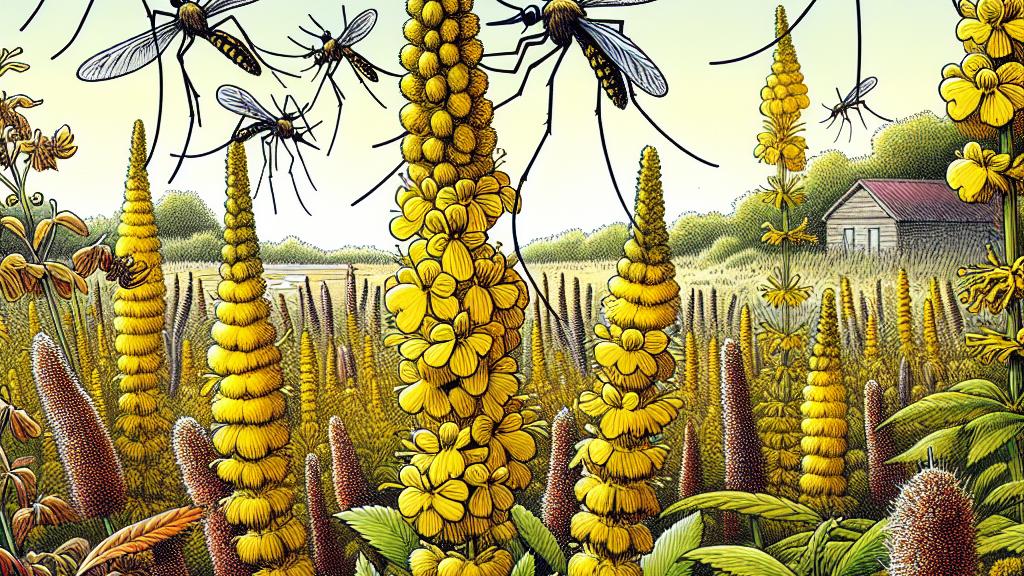Using Plant Nectar to Fight Mosquito Diseases
Overview
- Revolutionary research shows how plant nectar can be leveraged to combat mosquito-borne diseases.
- Targeting specific flowering plants may crucially lower local mosquito populations.
- This innovative approach presents a powerful alternative in the fight against ineffective traditional control methods.

The Sweet Science of Mosquitoes
Have you ever thought about what makes mosquitoes thrive? Surprisingly, these bloodsuckers are not just after your blood; they also have a strong craving for sugary nectar from flowers! Recent studies reveal that mosquitoes primarily rely on nectar for energy, particularly in malaria-stricken regions. For instance, plants like yellow sage and castor oil are known mosquito favorites. When these plants flourish, they can greatly increase the local mosquito population, which leads to a rise in diseases like malaria and Zika. Here's the exciting part: by strategically removing these preferred plants from residential areas, we could dramatically decrease mosquito numbers and, as a result, reduce the transmission of deadly diseases!
The Importance of This Discovery
This breakthrough comes at a critical time. Conventional defenses, like insecticides and bed nets, are losing their effectiveness as mosquitoes evolve and develop resistance. The World Health Organization highlights the staggering impact of this issue, estimating 249 million malaria cases worldwide, resulting in hundreds of thousands of deaths each year! With this new understanding of mosquito nectar preferences, communities have a unique opportunity to take control of their environments. Imagine neighborhoods uniting to cut down on sugar-rich plants that attract these pests. By doing so, we could collectively lower the risk of various diseases, effectively protecting our health and that of others around us.
Taking Action: Community Steps Forward
But how do we turn this knowledge into action? Community engagement is vital! First, we can spread awareness about the types of plants mosquitoes prefer. For example, alongside yellow sage, plants like yellow oleander are known to lure mosquitoes and could be targeted for removal. Communities could hold educational workshops to empower residents with practical gardening tips, fostering both a healthier environment and community spirit. Schools could also get involved, encouraging students to participate in local clean-up days focused on eliminating these plants. By encouraging active participation and promoting a sense of responsibility, we not only reduce mosquitoes but also create stronger, healthier communities. Together, we can pave the way for a safer environment for ourselves and future generations!

Loading...